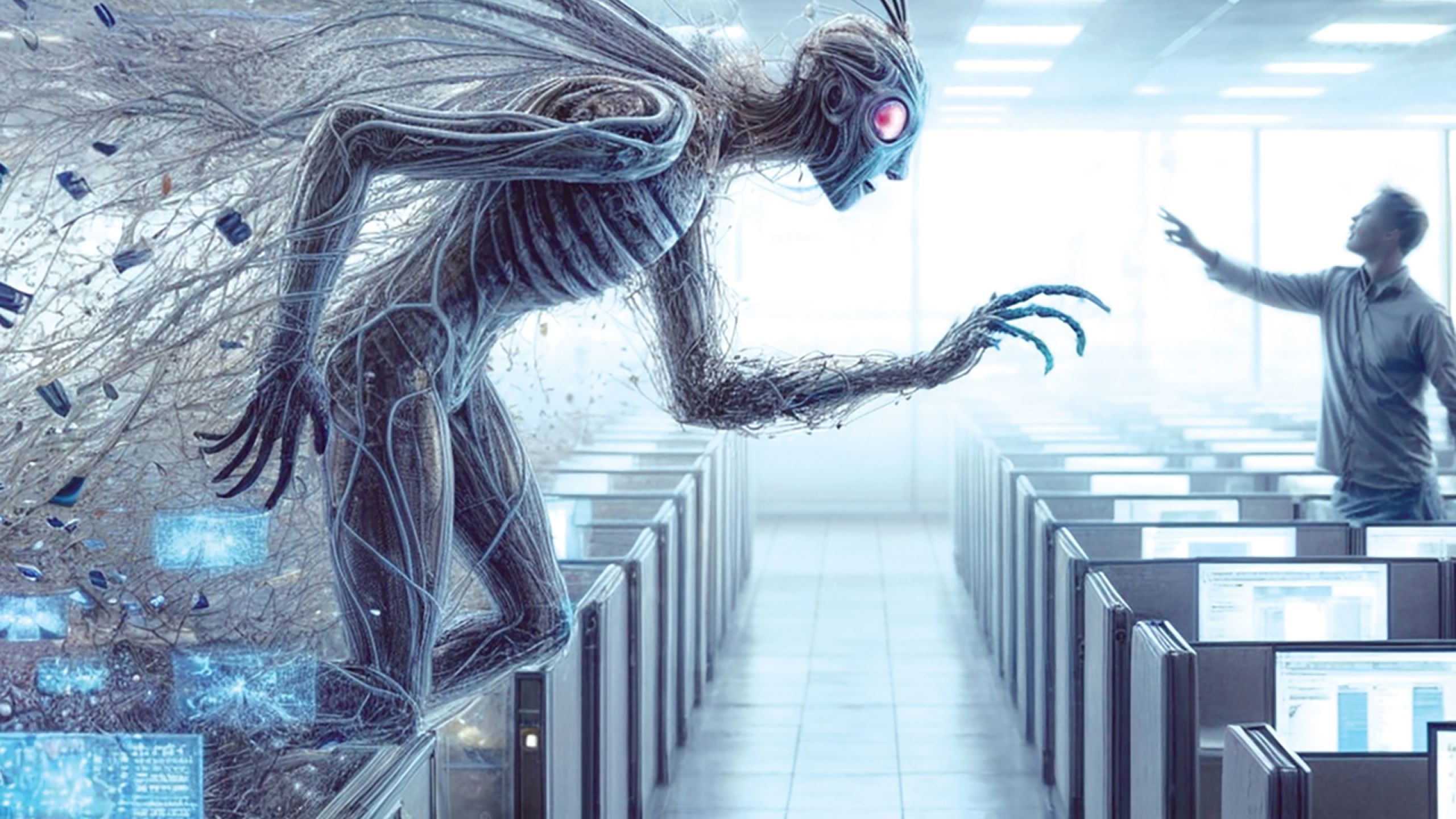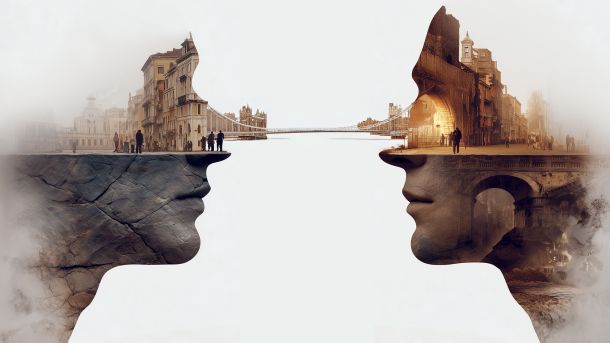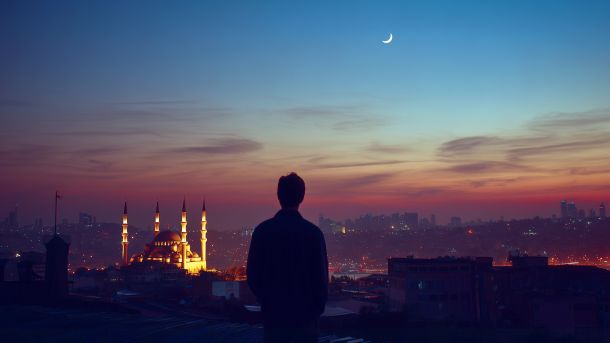Kafka's Metamorphosis and Human Connection

In This Article
-
We disregard the small moments of human connection and kindness that were previously mainstays of daily existence – whether it be chatting with a neighbor, exchanging pleasantries with a cashier, or even thanking a store worker that helped you find what you were looking for.
-
Social media has begun wiping out even the more prominent “social” scene – instead of meeting with a friend in person, or hearing their voice over the phone, you can just text them.
Amazon Fresh, Uber Eats, Grubhub, Doordash, Instacart, self-checkouts and social media. In today’s world, living without an iota of real interaction with anyone else is becoming the norm. With new trends like remote work and ongoing fears about large gatherings still prevalent in many parts of the world, the pandemic has only exacerbated this isolation.
I recently reread Franz Kafka’s The Metamorphosis, and the similarities between Gregor Samsa’s life and modern life are uncanny. After his transformation into an Ungeziefer (monstrous insect), Gregor is confined to his room – his sister brings him food and cleans once a day. He doesn’t talk to anyone in his family. By the end of the novella, we find Gregor lounging in piles of dust and his own filth, as he watches his family from his doorway. His bedroom has become a repository of all sorts of garbage, and his only connection to anyone else is a framed picture of a woman, clipped from a magazine, that he spends his days staring at.
All things considered, is this really so different than what most of us experience today?
We, much like Gregor, disregard the small moments of human connection and kindness that were previously mainstays of daily existence – whether it be chatting with a neighbor, exchanging pleasantries with a cashier, or even thanking a store worker that helped you find what you were looking for. Social media has begun wiping out even the more prominent “social” scene – instead of meeting with a friend in person, or hearing their voice over the phone, you can just text them – in fact, you don’t even have to text them; when you like the photo they just posted, or swipe up on their story, you get an instant connection, don’t you?
Not exactly.
Theproblemrunsevendeeper – Gregor’sunhealthycommitmenttohisworkis,formany of us, like looking into a mirror.As a society more focused than ever on achievement and the “hustle” and “grind” mindsets, we live our lives in a haze of hyper-obsession. The simple joys of leisureandhumanconnectionarebeing neglectedinfavorofpersonalsuccess.
The constant push to acquire more, often at the expense of our well-being (let alone that of others), has come to define our culture and has led to a mass movement away from meaningful interpersonal connections in both leisure and workplace settings.
In reality, it’s the tiny moments of true connection—being drawn into a circle of human kindness and empathy—that truly matter. Empathy is like a muscle, and without use, it deteriorates. As showing empathy becomes less a part of our daily lives, we become less proficient at expressing it.
This decreased empathy leads not only to negative psychological symptoms, but to everything from party polarization to violent crime.
However, the most detrimental thing about this self-contained existence may be that it’s now lauded as beneficial. Massive companies like the aforementioned Amazon tout a new era of efficiency and convenience for their customers. Social media tells us we’re getting more interaction than ever – making more friends, learning more, and producing more.
Still, the fact remains: human beings are essentially social creatures, and without real connection, we wither. Just as Gregor in The Metamorphosis suffered the consequences of first neglecting his “circle of humanity,” and then being cast out by it, so will we suffer if we don’t remedy this isolation and empathy deficit. In the end, this is what Kafka’s Metamorphosis is all about: the importance of social connection for the preservation of our humanity. While we may not suffer Gregor Samsa’s insectile fate, without social connection, we certainly run the risk of becoming a society that is less understanding, sensitive, empathetic, and ultimately less happy.









